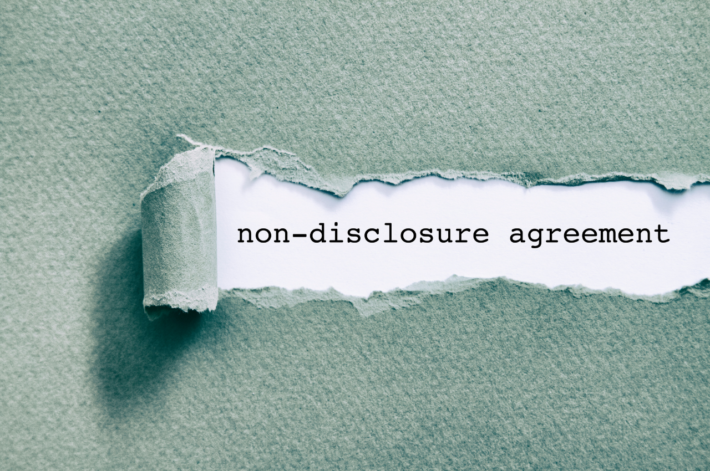Data Privacy 101 for Small Businesses

Understanding Data Privacy Laws
In today’s digital era, data privacy has become a critical concern for businesses of all sizes. For small businesses, ensuring compliance with data privacy laws not only builds customer trust but also avoids costly penalties. Two of the most influential data privacy regulations are the General Data Protection Regulation (GDPR) in the European Union and the California Consumer Privacy Act (CCPA) in the United States.
General Data Protection Regulation (GDPR)
The GDPR came into effect on May 25, 2018, and applies to any organization that processes the personal data of EU citizens, regardless of where the organization is based. Key aspects of the GDPR include:
- Consent: Businesses must obtain clear and explicit consent from individuals before collecting their data.
- Data Breach Notification: Organizations must notify authorities within 72 hours of a data breach.
- Right to Access: Individuals have the right to access their personal data and understand how it is being used.
- Right to be Forgotten: Individuals can request the deletion of their personal data under certain circumstances.
For more details, visit the official GDPR website.
California Consumer Privacy Act (CCPA)
The CCPA became effective on January 1, 2020, and provides California residents with greater transparency and control over their personal data. Key features of the CCPA include:
- Right to Know: Consumers can request information about the personal data collected about them and its use.
- Right to Delete: Consumers can request the deletion of their personal data.
- Right to Opt-Out: Consumers can opt out of the sale of their personal data.
- Non-Discrimination: Businesses cannot discriminate against consumers who exercise their CCPA rights.
For more information, check out the California Attorney General’s CCPA page.
Implementing Basic Compliance Measures
Compliance with data privacy laws requires a proactive approach. Here are some basic measures small businesses can take to ensure compliance:
- Conduct a Data Audit: Identify what personal data you collect, how it is stored, and who has access to it.
- Update Privacy Policies: Ensure your privacy policies are transparent and easily accessible. Clearly outline how data is collected, used, and shared.
- Obtain Clear Consent: Implement mechanisms to obtain explicit consent from users before collecting their data. Maintain records of consent.
- Implement Data Security Measures: Use encryption, firewalls, and secure access controls to protect personal data from unauthorized access.
- Train Employees: Educate your staff about data privacy laws and best practices for handling personal data.
- Establish a Data Breach Response Plan: Develop a plan to quickly respond to data breaches, including notifying affected individuals and relevant authorities.
Useful Resources
- GDPR Compliance Checklist
- CCPA Compliance Guide
- Small Business Cybersecurity Guide
- Data Privacy Training for Employees
By understanding and implementing these fundamental data privacy measures, small businesses can better protect their customers’ personal information and ensure compliance with key regulations like GDPR and CCPA.



